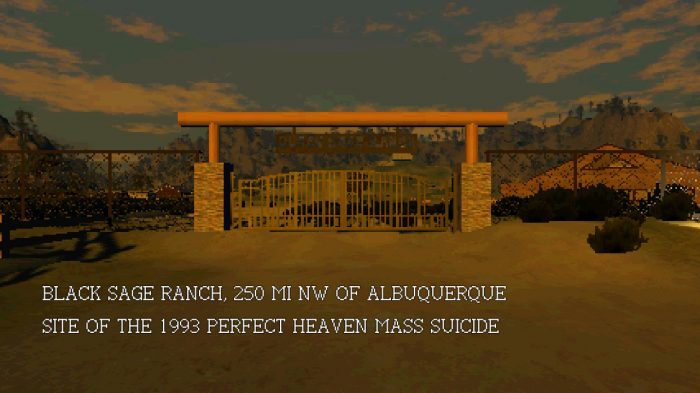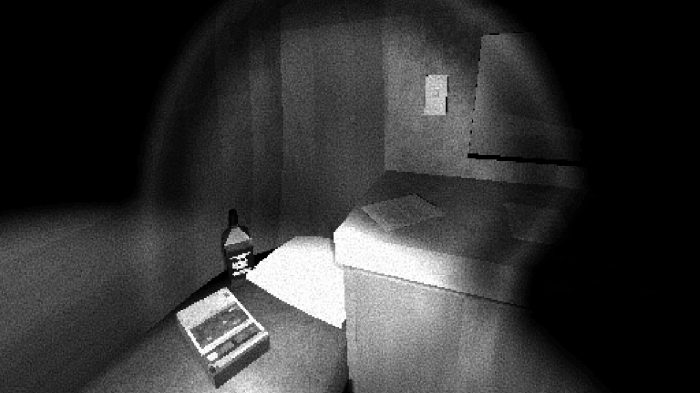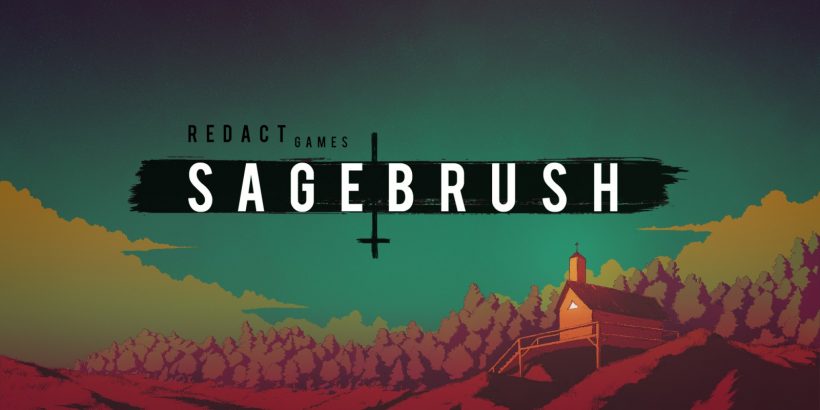When you’re less than ten minutes into a game and the words ‘Cleansing Room’ are mentioned, you know you’re not in Kanto anymore. Inspired by real-world cults, Sagebrush is a short narrative-driven experience set on the fictional Black Sage Ranch in Albuquerque, New Mexico. The complex is the former home of the Perfect Heaven cult and its founder Father James. I say former, because you quickly learn that the ranch was the site of a horrific event: the “1993 Perfect Heaven mass suicide”.
Granted, this sounds like the perfect set-up for a horror game. The ever-waning light, economical use of haunting music and ambient creaks do little to discredit that notion. However, the growing sense of unease as you explore the ranch and uncover its secrets never gives way to cheap jump scares or frivolous gore. Instead, the game paints a nuanced picture of a group of individuals all searching for one thing: belonging.

But belonging, you soon learn, comes at a cost. As you’re shepherded through the complex, you find keys and codes that unlock new areas in careful succession; spaces that hold clues in the form of diaries, notes, pamphlets, and tape recordings.
Through these artefacts, you learn about not just the immediate moments before the tragic event, but also the cult’s origins and the diverse paths that led each of its members to seek comfort in Father James and his ‘teachings’; instructions that rapidly take a dark turn and might be problematic for anyone with certain triggers.

Of course, the underlying subject matter dealt with in Sagebrush is horrific, as are some of the locales visited during the game and the sights that you’re met with. But here’s where developer Redact Games made some smart choices.
Firstly, instead of highly realistic environments, the game embraces a low-fi art style (think: PS1 era) that creates just enough distance between the player and the subject matter for the experience to not to feel voyeuristic or overly macabre. Secondly, the delivery of information is paced in such a way as to not emotionally overwhelm the player. Occasional backtracking allows time for decompression and digestion, both of which are much-needed after some of the game’s especially harrowing segments.

For such an intimate tale, handheld mode suits Sagebrush perfectly, particularly when played with headphones rather than the system’s built-in speakers. That said, playing in this way takes a certain amount of courage, especially during the latter stages of the game when the pace of revelation increases to an unnerving speed. This final portion of the game jars somewhat with the rest of the experience and throughout, some of the environments felt a little sparse or cookie-cutter; a missed opportunity for some potent visual storytelling.
Of course, if narrative-driven games aren’t high on your wishlist, Sagebrush might be worth a pass. But if you’ve ever enjoyed an episode of Serial or Making a Murder, give it try. At around two hours, the title doesn’t demand a huge investment of time, just a questioning mind and nerves of steel. While some aspects of the storytelling may feel a little contrived (with each clue leading so perfectly onto the next), the level of immersion this handholding creates is wonderfully deep; so deep, in fact, that you might want to play this one with the lights on.
Sagebrush £5.99
Summary
Sagebrush is a short narrative-driven experience that uses storytelling to great effect. Set on the site of a horrific mass suicide, players learn the story of the Perfect Heaven cult’s rise and demise at the hands of founder Father James.

